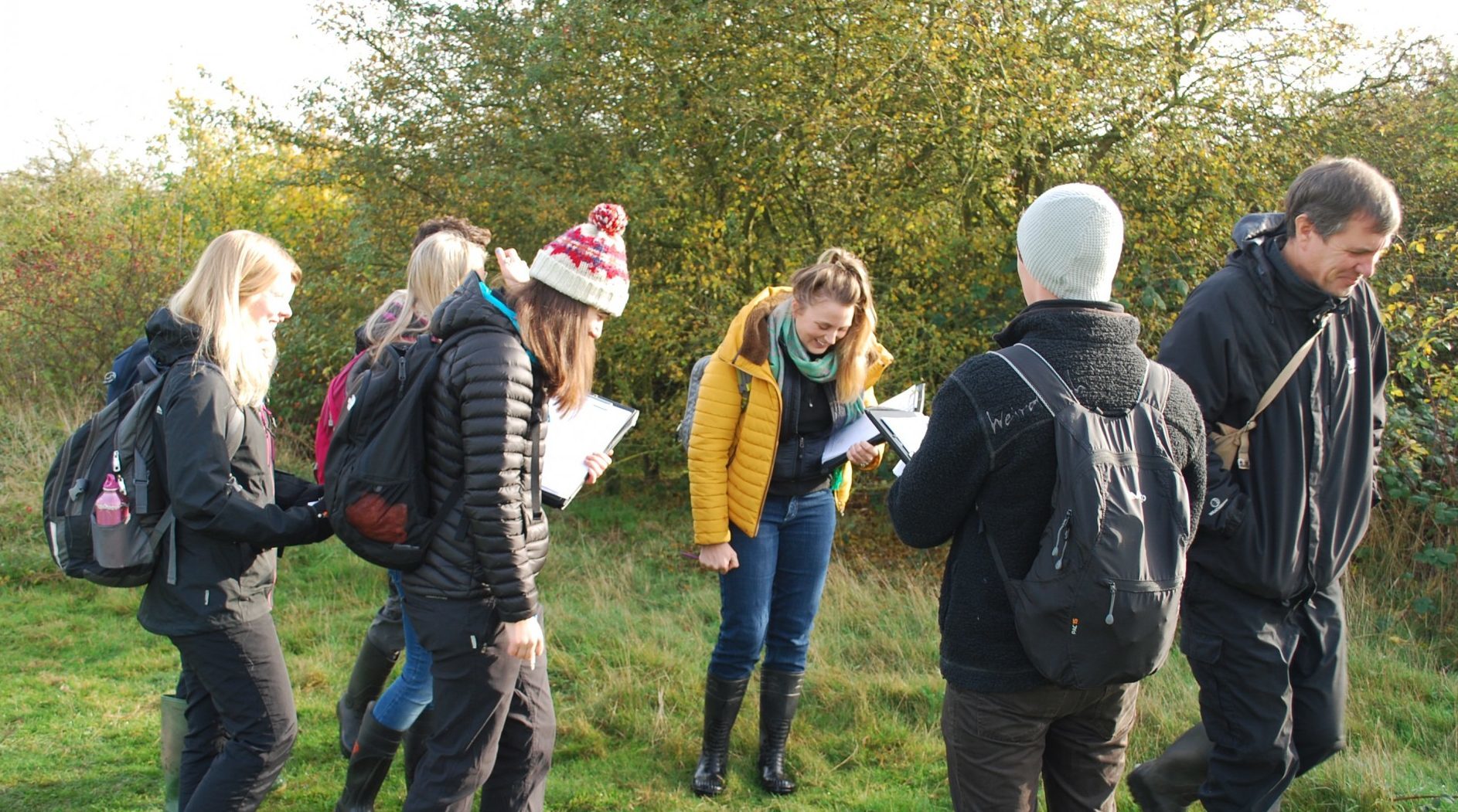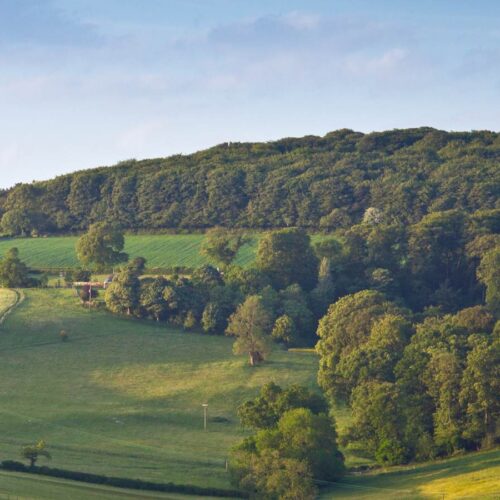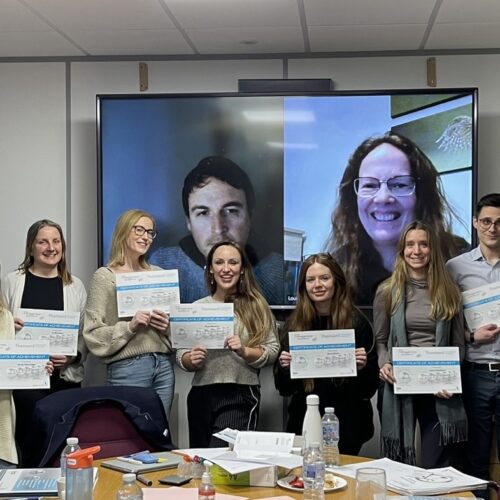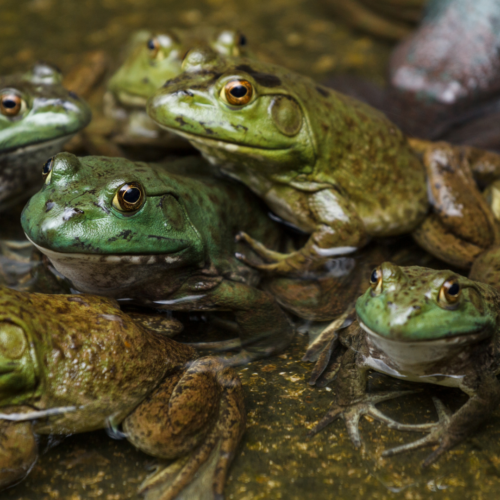The birds are singing, the bees are out and about, and this morning I saw my first slug searching for the newly sprouted greens in my garden. This can only mean one thing – the season has kicked in.
In preparation for a very busy summer we have been recruiting ecologists to assist the team in delivering our projects. Getting started in ecology is not easy to say the least. When I graduated from my zoology degree, I had high hopes of finding employment in my chosen field; however, I quickly saw that “more experience” was always required.
I have recently heard of some consultancies still offering “more experience” by taking volunteers on to assist in delivering their work. I am disappointed that this unethical practice continues given this is work that the consultancy is getting paid for but also because it prices ethical consultancies out of the work.
To get my own career started, I spent two years volunteering for research institutions and wildlife trusts and working to get this additional experience. After a slight change of direction (turns out being allergic to the species you’re researching is not advisable as a career choice), I went back to university to do a Masters.
In one of my lectures we discussed the role of voluntary organisations in conservation and my lecturer asked whether we’d volunteered for them, or would considering doing so in the future. I expressed the view that after my Masters I was expecting to have a job, and my lecturer looked at me blankly for a couple of minutes before mumbling something resembling “certainly”. I was flabbergasted. What does it take for us passionate people to find a career in ecology? Was two years of (intermittent) voluntary work AND two degrees not sufficient? What it actually took was having connections to meet a consultancy that would give me a chance. I got my foot in the door for three jobs like this, two in the UK, and one in Australia, although I still had to go through a rigorous interview process!
I now look at the current generation of graduates. Fifteen years later, it’s still the same. More experience is always required. I can understand this from a business perspective: it’s easier to take staff on when you don’t have to train them from scratch. In my view taking people on at the very start of their career is important as they grow with the company and also it’s my way of giving back for those who have helped me in my career.
So, next time you see a quote from a consultancy which is ridiculously cheap, ask yourself whether they’re relying on an army of volunteers and think about whether that’s a practice you want to support.
And if you want to start your career in ecology, you’ve found the right place.











